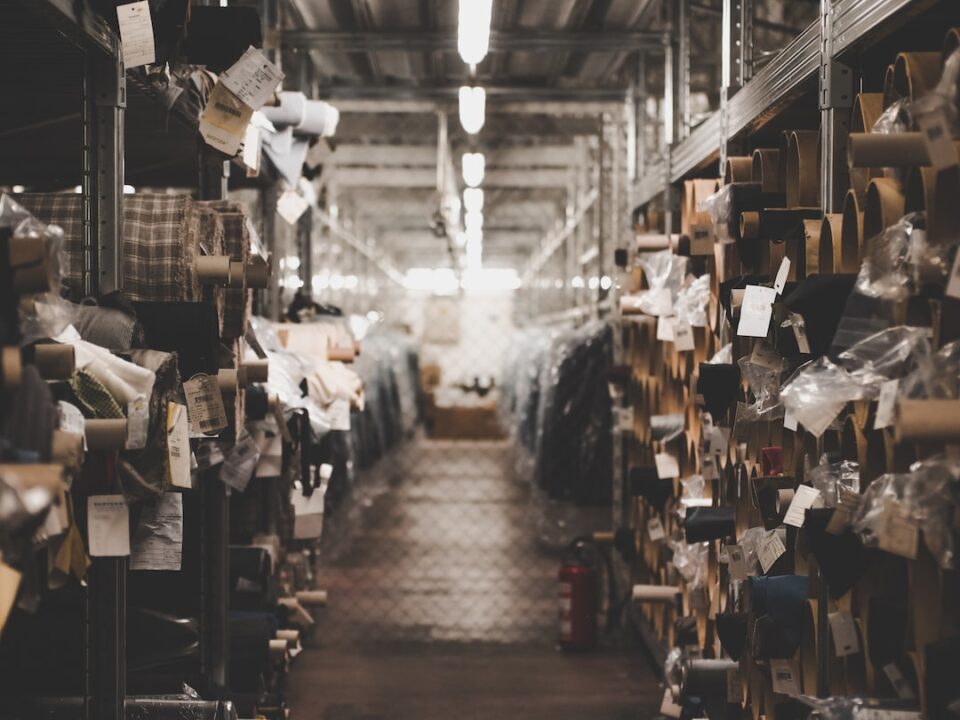The Impact of COVID-19 on the Manufacturing Industry
The ongoing COVID-19 pandemic has had far-reaching effects on the global economy, with virtually every industry feeling its impact in some way. The manufacturing sector, in particular, has experienced significant disruptions and challenges brought on by the virus. In this blog post, we will explore the various ways in which COVID-19 has influenced the manufacturing industry and the implications of these changes.
Supply chain disruption is perhaps one of the most notable impacts of the pandemic on the manufacturing sector. As countries implemented strict lockdown measures to contain the spread of the virus, many companies faced disruptions in their supply chains due to factory closures and transportation restrictions. This led to shortages of raw materials and components, causing delays and even halts in production for many manufacturers. The ripple effect of these disruptions was felt globally, as manufacturers rely on international suppliers and interconnected supply chains. This not only affected manufacturing output but also led to increased costs for companies that had to source alternative suppliers or find new transportation routes to keep production running.
Additionally, the demand for certain products and components experienced significant shifts due to the pandemic. Some manufacturers saw a surge in demand for items such as personal protective equipment (PPE), medical devices, and cleaning products, while others witnessed a drastic drop in demand for non-essential goods. This sudden change in demand required manufacturers to quickly adapt and reallocate resources to produce essential items. Manufacturers that were able to pivot their production lines to meet the new demand were better positioned to weather the storm. However, those heavily reliant on a limited range of products faced significant challenges and had to find alternative ways to sustain their businesses.
Furthermore, the health and safety protocols introduced to combat the virus have had a profound impact on manufacturing operations. Social distancing measures have forced manufacturers to rethink their production layouts and workflows to maintain safe distances between workers. This has reduced overall production capacity and slowed down output. Many companies have also implemented additional hygiene measures and provided personal protective equipment to keep their workers safe. While these measures are necessary, they have resulted in increased costs for manufacturers. The need for stringent health and safety protocols has also led to a rise in remote work for administrative and managerial roles, further changing the dynamics of the manufacturing industry.
The uncertainties created by the pandemic have also had a profound effect on investments in the manufacturing sector. With the global economy facing an unpredictable future, many companies have delayed or canceled investment plans, leading to a decline in capital expenditure in the manufacturing industry. The reduced investments in manufacturing facilities and equipment may have long-term implications for productivity and innovation in the sector. Additionally, companies have had to focus on cost-cutting and cash flow management to navigate through the crisis, potentially impacting their ability to invest in research and development and technological advancements.
Despite the numerous challenges brought on by the pandemic, it has also spurred innovation and resilience within the manufacturing industry. Many manufacturers have leveraged digital technologies and automation to adapt to changing conditions. Remote monitoring and diagnostic tools have allowed businesses to remotely manage their operations and identify potential bottlenecks or issues. This crisis has accelerated the adoption of Industry 4.0 technologies, such as robotics, artificial intelligence, and the Internet of Things, leading to increased efficiency and productivity in some manufacturing processes.
In conclusion, the COVID-19 pandemic has certainly had a profound impact on the manufacturing industry. From supply chain disruptions and shifts in demand to altered production processes and reduced investments, manufacturers have had to navigate numerous challenges to keep their operations running. However, amidst these difficulties, the industry has also demonstrated resilience and adaptability. The lessons learned from this crisis will undoubtedly shape the future of manufacturing, and the industry will emerge stronger and more agile as a result.

